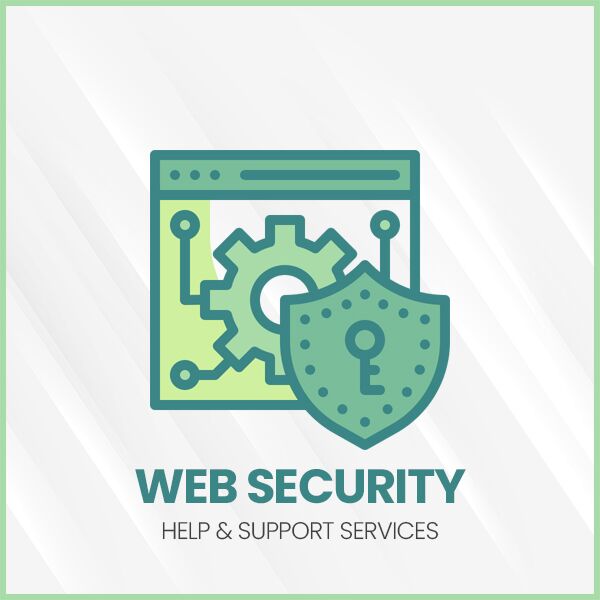Our web security services are a comprehensive suite of solutions designed to safeguard your online presence. We prioritize the protection of your website from a multitude of cyber threats, employing advanced technologies to ensure robust defense. Our services include state-of-the-art firewalls that monitor and filter incoming and outgoing traffic, SSL encryption for secure data transmission, and proactive malware detection to swiftly identify and eliminate potential threats. Additionally, our experts conduct regular security audits to assess vulnerabilities and implement necessary updates. With a commitment to staying ahead of evolving cyber threats, our web security services provide a fortified digital environment, assuring your users of a safe and secure online experience.
What We Are Offering?
Web security services encompass a range of solutions and practices aimed at protecting websites, web applications, and web users from various online threats. Here are some types of web security services:
- Firewalls:
- Network Firewalls: Protect against unauthorized access and cyber attacks by monitoring and controlling incoming and outgoing network traffic.
- Secure Socket Layer (SSL) Certificates:
- Transport Layer Security (TLS) Certificates: Encrypt data transmission between a user’s browser and the web server, ensuring that sensitive information remains secure.
- Web Application Firewalls (WAF):
- Monitor, filter, and block malicious traffic to and from web applications, protecting against common web application vulnerabilities like SQL injection and cross-site scripting (XSS).
- DDoS Protection:
- Mitigate and defend against Distributed Denial of Service (DDoS) attacks, which aim to overwhelm a website or online service by flooding it with traffic.
- Content Delivery Network (CDN):
- Improve website performance and security by distributing content across multiple servers and locations, reducing latency, and providing DDoS protection.
- Antivirus and Anti-malware Solutions:
- Scan and detect malicious software, viruses, and other forms of malware that can compromise the security of a website or its users.
- Security Information and Event Management (SIEM):
- Collect, analyze, and correlate security data from various sources to identify and respond to potential security incidents.
- Two-Factor Authentication (2FA):
- Enhance user authentication by requiring an additional verification step beyond just a password, such as a one-time code sent to a mobile device.
- Incident Response Services:
- Provide a structured approach to managing and mitigating security incidents, minimizing damage and downtime in the event of a security breach.
- Vulnerability Scanning:
- Identify and assess security vulnerabilities within websites and web applications, allowing organizations to proactively address potential weaknesses.
- Security Auditing and Penetration Testing:
- Evaluate the security posture of a website or application by simulating real-world cyber attacks, identifying vulnerabilities, and recommending remediation measures.
- Identity and Access Management (IAM):
- Control and manage user access to web resources, ensuring that only authorized individuals have the appropriate levels of access.
- Security Training and Awareness Programs:
- Educate employees and users about best practices for maintaining a secure online environment, reducing the risk of human error-related security incidents.
Implementing a combination of these web security services is crucial for creating a robust defense against the evolving landscape of cyber threats. The specific services required will depend on the nature of the web presence and the level of security needed.
